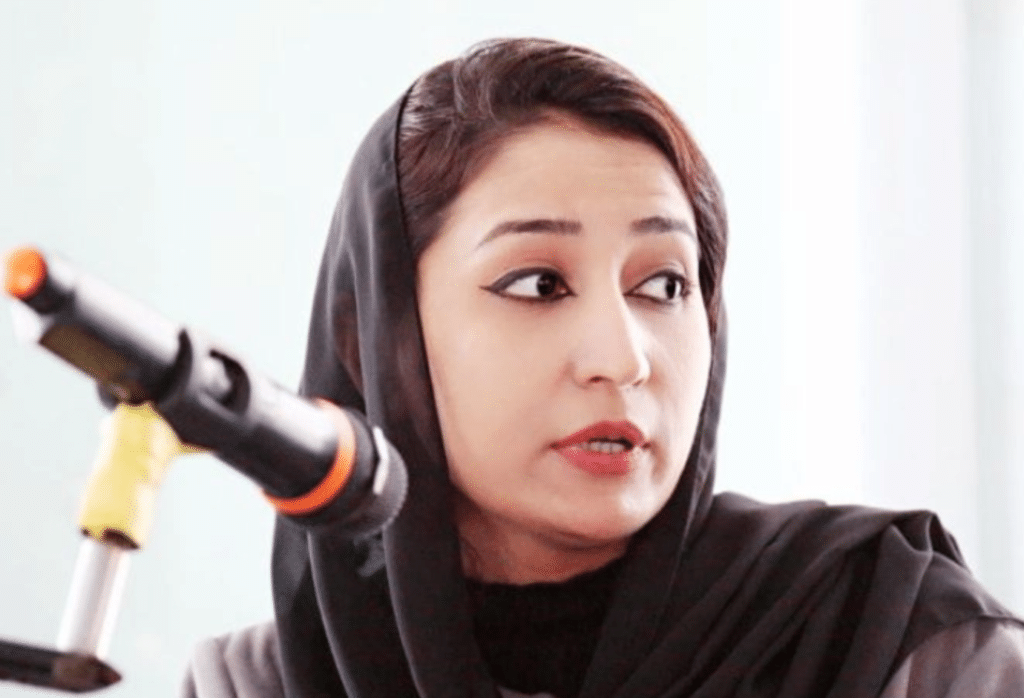A young, former female Afghan lawmaker was shot dead in her home in Kabul on Saturday night. Mursal Nabizada was killed by unknown gunmen, according to police, while her brother was injured in the attack.
The 32-year old former member of Afghanistan’s parliament was a lawmaker in the Afghan parliament before the Taliban’s takeover in August 2021.
Police have not revealed any further details regarding the shooters, and there is no evidence to suggest the current government were involved in her death — according to Ali Latifi, a Kabul-based journalist.
“Unless a group like Daesh claims responsibility for her death, there is no reason to believe there was any ulterior motive behind her death,” Latifi told DW, referring to the Arabic acronym for the Islamic State group.
Police issued a statement on Sunday morning, revealing that they “very soon took action and started an investigation of the case.”
“No one has been arrested and the investigation is continuing,” they added. Police spokesperson Khalid Zadran revealed that the motive for the killing remains unclear.
“A comprehensive investigation of the incident is underway,” Zadran tweeted on Monday.
The charge d’affaires of the United States’ mission to Afghanistan, Karen Decker, hopes the perpetrators will be brought to justice.
“Angered, heartbroken by murder of Mursal Nabizada – a tragic loss,” she said. “I offer Mursal’s family my condolences and hope to see them receive justice for this senseless act.”
Nabizada was one of only a handful of parliamentarians to stay in Afghanistan after the Taliban took complete control of the country in the wake of the departure of the US and military allies.
According to Shinkai Karokhail, a former member of Parliament who served with Nabizada before the Taliban takeover, Nabizada wanted to leave the country but chose to stay because she could not find a way to bring her family with her.
“She was young, energetic and productive,” Karokhail told The New York Times. “It was her first experience serving in government and she was always busy working for her constituents.”
Tirana Hassan, the Interim Executive Director at Human Rights Watch, noted the important work Nabizada did by staying, saying she remained in Afghanistan “…to fight for rights of women and girls.”
In 2018, Nabizada was elected as a member of the lower house of parliament to represent Kabul, serving as a member of the parliamentary defense commission while working for the Institute for Human Resources Development and Research.
She has previously spoken out against the Taliban’s expanding oppression of women and girls’ rights in the country.
Appearing on a local television network last August, she addressed her anxieties about the realities for women and girls under Taliban rule.
“Now women are imprisoned at home,” she said. “They have responsibilities for their families, they must work. Women are in a very bad situation, that is, they are buried alive in the grave.”
Her murder comes as the Taliban continues to restrict women’s rights — universities have been forced to separate their classes by gender, women have been required to wear head coverings while in class, female classes have only been taught by female teachers or older men, and girls have been banned from attending high school entirely.


